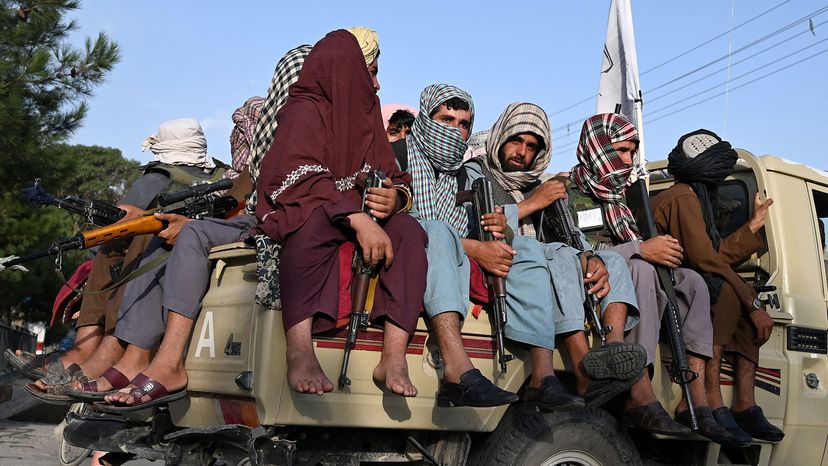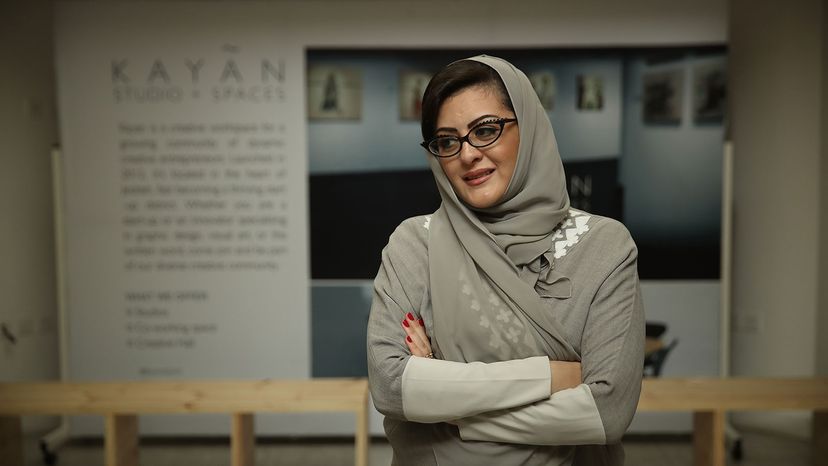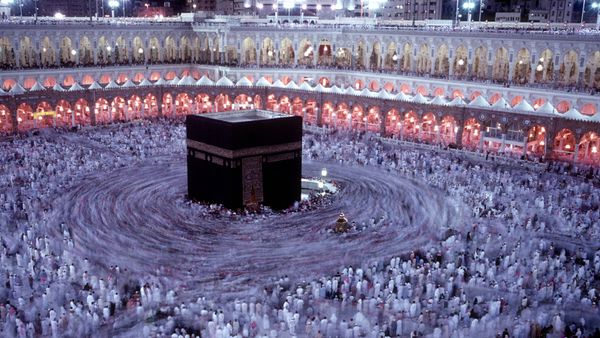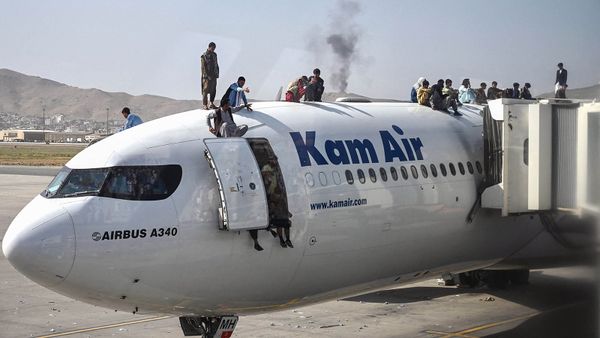While the legal concept of "separation of church and state" is fairly new to the West, a similar type of separation was practiced in the Muslim world for centuries.
The leaders of the various Islamic legal schools successfully fought to keep kings and rulers out of religious matters, says Quraishi-Landes. What developed were two separate sets of laws. Moral and personal matters fell under fiqh, and those laws were drawn up by each legal school. Matters of the state — the equivalent of today's zoning laws and administrative regulations — fell under a second category of laws called siyasa.
"Instead of a separation of church and state, the Muslim world had a separation of fiqh and siyasa," she says. "Historically, Muslims didn't have the same theocracy problems that Europe had, because Muslims didn't combine everything into a centralized government the way Europeans did."
If the moral code of Islam was never meant to be enforced by the state, then how do you explain the Taliban or Saudi Arabia? The answer, interestingly enough, is colonialism, Quraishi-Landes says.
In the 18th and 19th centuries, countries like England and France, as well as corporate entities like the English East India Company, colonized Muslim-majority territories in North Africa, the Middle East and the Indian subcontinent. The colonizers installed European-style governments and legal systems based on the idea of a unified, centralized authority.
Under this new colonial system, the traditional Islamic legal schools were sidelined and robbed of authority, and the siyasa or civil codes were replaced by British common law or the French Napoleonic Code, according to Quraishi-Landes. Now the entire legal system and government operations were all under one colonial roof.
And that's how it remained for more than 100 years until those Muslim majority countries began to regain independence in the 20th century. As they emerged from their colonial yokes, warring political movements argued over how the new nations should operate.
"Some of the loudest voices in these Muslim-majority lands said, 'The colonizers took Islam away from us. They took our Sharia away from us,' which in many ways they did," says Quraishi-Landes. "But instead of rethinking the system, the new independent governments just poured the fiqh rules — the Islamic moral codes — into the centralized government model that the colonizers had created."
And that, in a nutshell, is how we ended up with Muslim countries in which the government legislates and prosecutes moral behavior under the guise of Sharia.
"The state is now deciding what is the Islamic law, including rules about how to dress, how to get married, etc.," says Quraishi-Landes. "That's only possible after this post-colonial transformation. When you see something being called Islamic government today, it's really European government dressed up in Muslim clothing."




